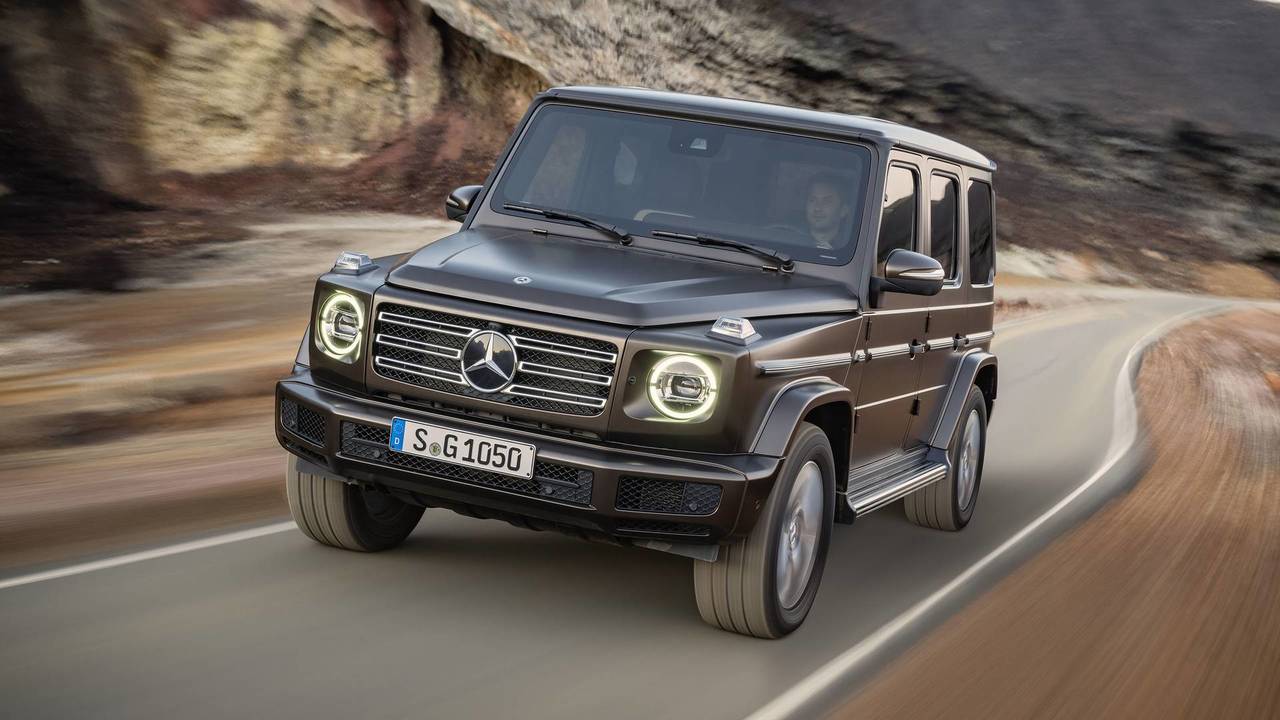Highly profitable SUV remains very important to Mercedes’ image.
Why offer an all-new version of a somewhat iconoclastic off-roader like the Mercedes-Benz G-Class – especially when Mercedes’ other SUVs are already so popular with shoppers? The answer, said company boss Dieter Zetsche at the Detroit motor show, is simple: How could it not renew such a desirable model?
‘It’s an icon,’ Zetsche said of the G-Class. ‘If you have such a jewel and you don’t polish it, you are done.’
Specifically, the 42-year Mercedes veteran points to the ‘unbelievable success’ of the G-Class worldwide – about 22,000 global sales last year, almost half of which were AMG variants. While that may not be an enormous number in terms of Mercedes’ global sales, because the so-called Geländewagen is a pricey vehicle, each of those sales generates a lot of revenue for the German car maker.
‘We are very successful – this is extremely profitable, this segment,’ Zetsche said. ‘This is a segment [that] most companies don’t even sell one car in, price-wise.’
And the SUV’s continued success, he says, is due in part to its very broad appeal: whether you plan to take it off-road or keep it on the asphalt, plenty of shoppers lust after the G-Class. ‘It’s not just sheiks in Abu Dhabi or wherever,’ Zetsche said. ‘We are able – be it AMG, be it G-Class, be it the combination of both – to make very very attractive offerings to the absolute top-notch of the customer population.’
That’s not to say that Mercedes thinks it can create luxury versions of any vehicle – Zetsche notes that it’s a little tougher to make a B-Class MPV into an aspirational model than an SL-Class roadster. To that end, he says Mercedes does not plan to chase the smaller end of the market – the CLA- and GLA-Class models are as small as the company will go. ‘We have no plans to enter the B segment,’ Zetsche said. ‘I don’t foresee a change of that position.’

